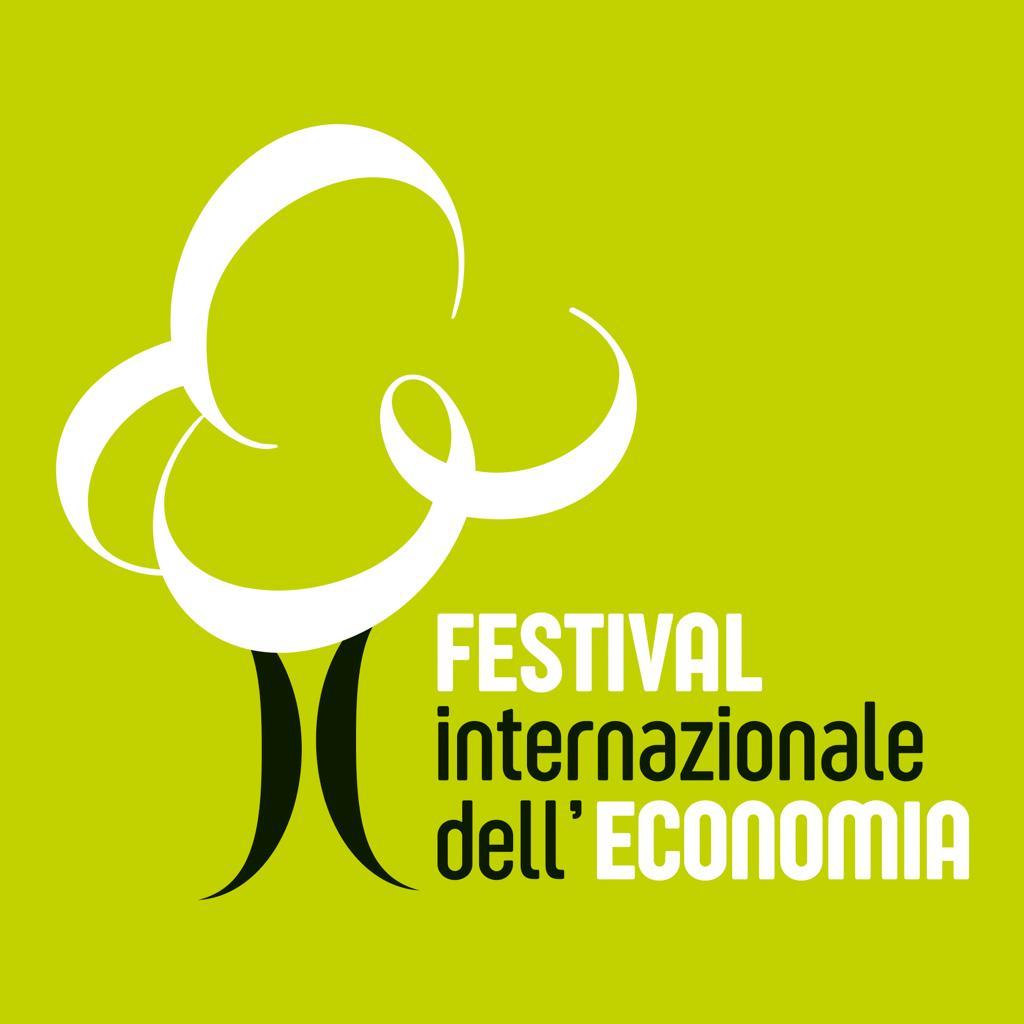The International Festival of Economics 2024
From 30 May to 2 June 2024 the city of Turin hosted the third edition of the International Festival of Economics.
Scientific research, informal but rigorous dissemination, pluralism of ideas, autonomy from political and economic influences: these are the components of the Festival, directed by Tito Boeri, designed and conceived by Editori Laterza.
The event is organized in collaboration with the Torino Local Committee (TOLC) which brings together local institutions and entities: the Piedmont Region, the Municipality of Turin, Fondazione Compagnia di San Paolo, Fondazione CRT, the University of Turin, Politecnico di Torino, Turin Chamber of Commerce, Industry, Crafts and Agriculture, Unioncamere Piemonte, Turin Industrial Union, Legacoop, coordinated by the Fondazione Collegio Carlo Alberto.
THE TOPIC OF THE 2024 EDITION
WHO OWNS KNOWLEDGE?
Digital technology has completely transformed our way of life, revolutionizing the way we get informed, communicate, shop, find jobs, and meet new people. All these choices generate information, or rather, knowledge. But who controls and exploits these immense sources of data? And for what purpose? The third edition of the International Festival of Economics will tackle knowledge ownership in the digital era, a topic of extraordinary relevance, that encompasses every single sector of public life: from businesses to trade, from health to urban policies, from transportation to communication, and, of course, the world of research and education.
The economies of scale achievable with information aggregation have increased the concentration of economic power. Just think of the platforms we all now know: Netflix, Spotify, Airbnb, Amazon, etc. Similarly, social media – Instagram, TikTok, X, and others – have enabled billions of people to communicate at almost no cost.
The concentration, the existence of a few dominant networks, the fact of being able to do everything on a single platform: these are all elements that facilitate our lives. More choice, more convenience, more information, often at lower prices. Yet, concentration also reduces competition and innovation and can leave many behind. And there’s the risk that inequalities in access and the ability to use technology will exacerbate already existing social tensions.
Platforms earn by selling advertising spaces to companies but also part of the vast amount of information collected on the behaviors of those who use them. To what extent is the use of socially produced knowledge permissible? To what extent is it possible to exercise property rights over the latter? What restrictions need to be imposed to protect privacy?
Other fundamental questions concern the ethical aspects and the origin of the information generated by machines (among the most famous cases is ChatGPT) and therefore authenticity in the digital age.
The underlying problem is to govern, rather than suffer, technological progress and regulate access to this immense source of data. But how to do it? And do governments have the necessary strength?
These and many other topics are the focus of the International Festival of Economics, which took place in the most suggestive places of Turin, with the most authoritative scholars on these issues. Economists, both international and Italian, but, as always, also historians, sociologists, jurists, computer scientists, scientists, and media scholars. They discussed with the protagonists of the economic world, prominent representatives of the business world, trade, and professions, along with representatives of institutions and associations.
For enquiries about the Festival, please e-mail: comunicazione.tolc@carloalberto.org

"A gem for the international public that no researcher in the world can decline the invitation and a precious opportunity for the economists themselves to have in a few days an in-thesis representation of the most relevant research, learned from the voices of colleagues. While for the general public the festival is an extraordinary opportunity to connect economic theories to everyday life."
Michael Spence, Nobel Prize for Economics in 2001
